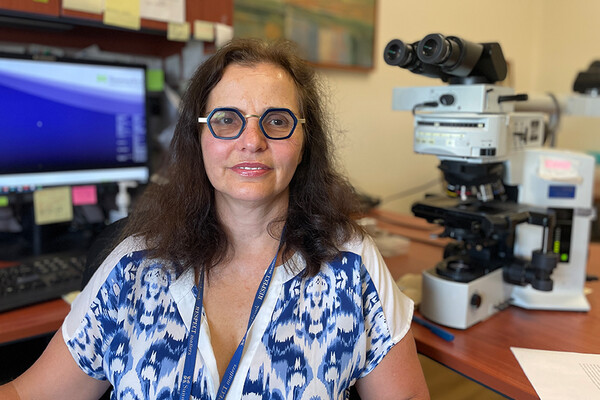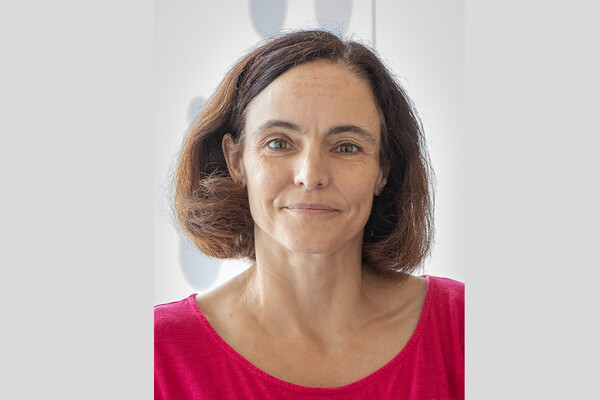Will we ever see a future free from breast cancer?

Receiving a breast cancer diagnosis can be overwhelming, but according to experts in the Department of Laboratory Medicine and Pathobiology (LMP) in the Temerty Faculty of Medicine, there is much hope. Advancements in diagnosis and treatment means that breast cancer could become a chronic or serious illness, rather than a terminal disease.
Breast cancer is the most common non-skin cancer and the second leading cause of death from cancer among Canadian women. Breast cancer can also occur in men, but it is rare: 27,400 women and 240 men were diagnosed in 2020 according to the Canadian Cancer Society.
It is estimated that about 1 in 8 Canadian women will develop breast cancer during their lifetime and 1 in 33 will die from it. A high number, but female breast cancer death rates have decreased an estimated 48% since they peaked in 1986.
“Prevention is better than cure” is a fundamental principle behind public health and taking preventative action against breast cancer is something Dr. Jordan Lerner-Ellis, LMP Associate Professor, and Co-Head and Co-Director of the Advanced Molecular Diagnostics Laboratory at Mount Sinai Hospital is passionate about. The clinical laboratory at Sinai performs genetic testing for individuals at high risk of breast, ovarian and other cancers.
“We identify individuals who are carriers of pathogenic DNA variants to help them decide on prevention options, including screening, chemoprevention or preventive surgery”, explains Lerner-Ellis, “By identifying more people before they develop cancer, we might be able to prevent more cancers”.
However, genetic testing is a relatively new field and the impact of using this information is still unclear – something Lerner-Ellis studies closely. “The field of molecular genetics is burgeoning and our ability to apply new technologies to sequence the genome has greatly outpaced our ability to interpret the genetic findings. What does a set of genetic test results actually reveal, what impact does it have on healthcare and what difference does this make to peoples’ lives? Important questions we don’t yet have answers for.”
We now know breast cancer is a highly heterogeneous disease: there are many different types that differ at cellular and genetic levels. LMP scientists have progressed our understanding of genomic variations and biomarkers to expand the use of precision diagnostics and therapies.
Dr. Susan Done, Associate Professor in LMP and Pathologist at the University Health Network, studies molecular alterations in cancer. Her lab is investigating intratumour heterogeneity (the varying characteristics of cells within a single tumour) – something that poses problems for the application of precision medicine therapies. She is investigating if this influences how aggressive an individual breast cancer is. “A better understanding of the molecular alterations will help us predict how an individual patient’s cancer might evolve, behave and respond to therapies,” explains Done.
Although the number of therapeutic options have increased significantly over the past decade, some breast cancers have very limited treatment choices and a poor prognosis. Dr. Karim Mekhail is Professor in LMP, and his lab focuses on how the spatial organization of DNA is altered in several cancers. A PhD candidate in the Mekhail Lab, Negin Khosraviani, is studying a triple-negative breast cancer (TNBC). Slow-growing, it is often missed by current therapies targeting faster-growing cancers. She is investigating links between genes and DNA structures to find therapies to target them, while the Done lab is working to identify features of TNBCs that affect the disease progression.
Dr. Fang-I Lu, Assistant Professor in LMP and staff pathologist at Sunnybrook Health Sciences Centre, is using image analysis and artificial intelligence to help identify pre-treatment breast pathologic features that could predict responses to therapies such as chemotherapy and radiation, as well as post-treatment features that could determine long-term outcomes. Her team has already developed algorithms for breast core needle biopsy specimens that demonstrate accuracy in diagnosing invasive breast carcinoma, as well as morphologic markers that can predict response to neoadjuvant therapy in high-risk breast cancers.
Cytopathology is a branch of pathology that deals with manifestations of disease at the cellular level. Dr. Joerg Schwock, Assistant Professor in LMP and Cytopathologist at the University Health Network, uses fine needle aspirations to take tiny samples which give specific diagnoses in a short time frame. This method helps confirm if cancers have spread, for example, to lymph nodes. “The hope is to deescalate treatment to make it less stressful for the patient, based on specific characteristics. We can find biomarkers that predict the response of the cancer to certain treatments and if the disease stops responding, we can obtain an ultra small sample, for example by using a very thin needle, to find another alteration that can be targeted with a different type of medication”.
Cytopathologists can also contribute to delineating the role of circulating tumour cells in identifying patients that may require more aggressive treatment. These types of studies are now feasible with the advent of single-cell sequencing, and it can be only a matter of time until therapies are discovered for all breast cancers.
Lab genomists and pathologists play a vital role in breast cancer diagnosis, understanding pathogenesis, and care, and LMP faculty are developing diagnostics that can help predict outcomes and improve the quality of life for patients.
Will we ever beat breast cancer?
“It will be difficult to completely eradicate breast cancer”, points out Lerner-Ellis, “however, we will continue to apply new research tools to improve our understanding of the disease, identify people at risk of cancer before they develop it, and continue to develop more targeted treatment options”.
Lu continues, “In the not-so-distant future, with the use of image analysis and artificial intelligence, as well as advancement in molecular pathology and immunotherapy, breast cancer can be diagnosed accurately at a much earlier stage and be treated with therapies tailored to the exact molecular makeup of the breast cancer to maximize efficacy and minimize side-effects.”
“I hope we can eventually eliminate breast cancer deaths”, says Done, “If we can understand how it spreads beyond the breast, we can potentially block metastasis (when cancer spreads to other organs) and cure it with local treatment”.
Schwock adds, “Cancer is being turned from a disease that was significantly impacting life expectancy into something that is a chronic illness for which we have different tools and medications for treatment”.
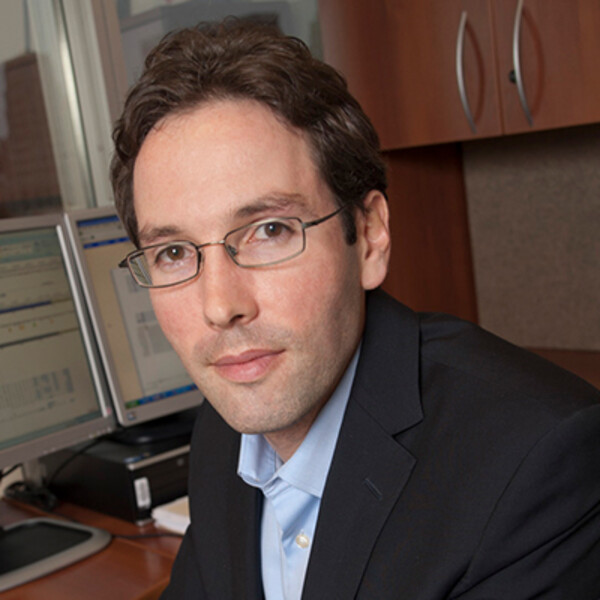
Dr. Jordan Lerner-Ellis

Dr. Susan Done
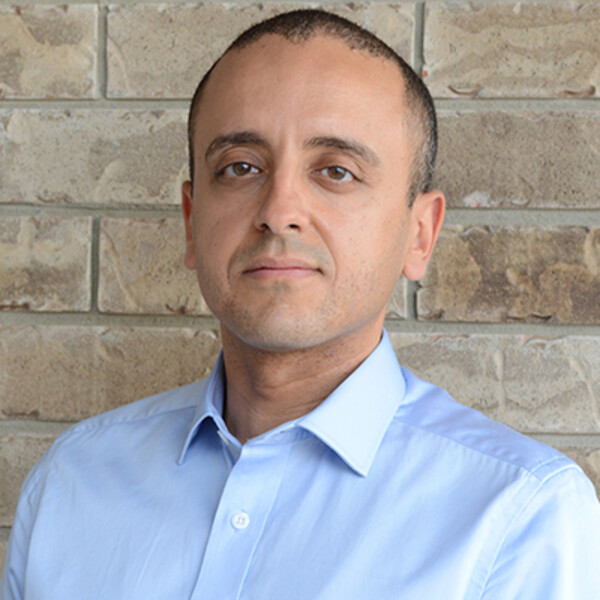
Dr. Karim Mekhail
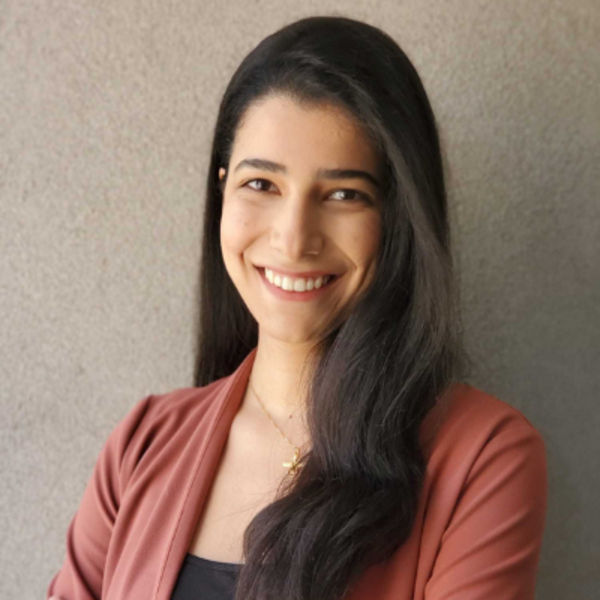
Negin Khosraviani (PhD candidate)
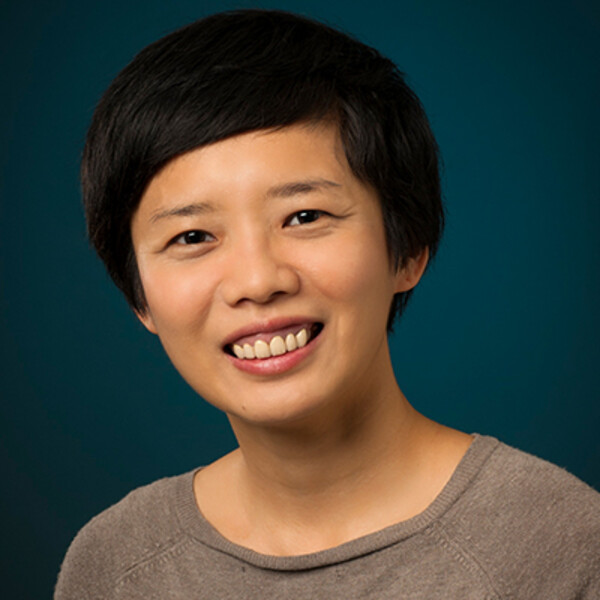
Dr. Fang-I Lu
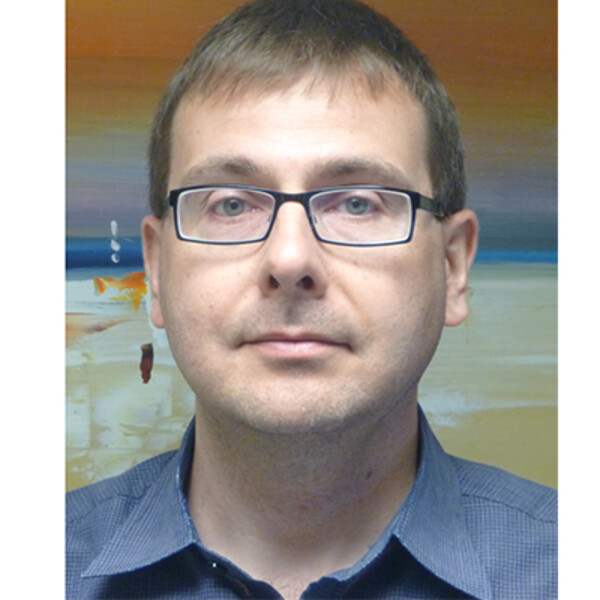
Dr. Joerg Schwock
More on breast cancer research
A team of basic and clinical researchers seek to protect the heart during breast cancer treatment
Meet Negin Khosraviani LMP’s new Vanier Scholar!
Sources
Canadian Cancer Statistics 2019 (PDF) from the Canadian Government
Breast cancer statistics from the Candian Cancer Society

